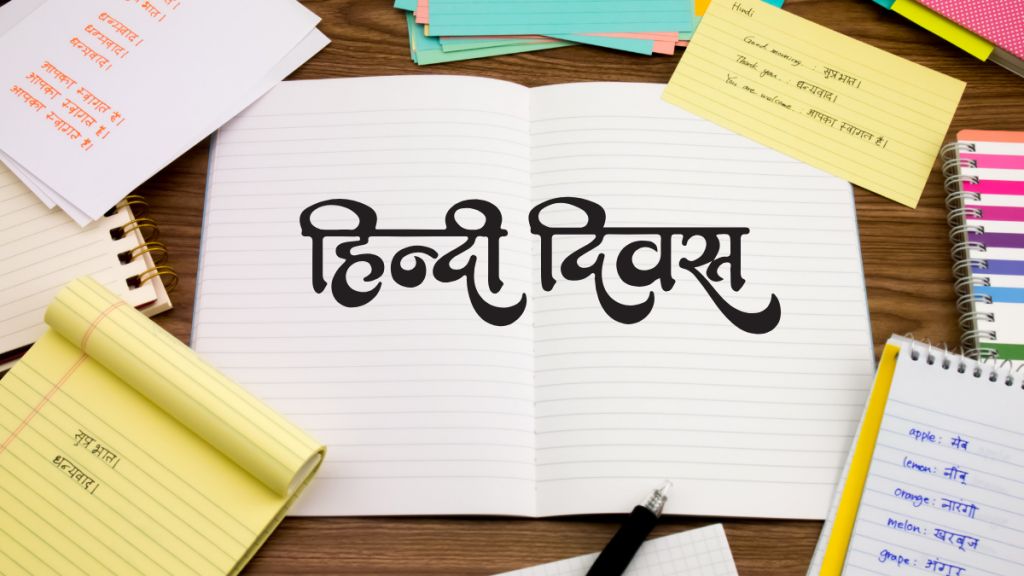
World Hindi Day 2025 honours Hindi and its cultural, literary, and worldwide significance. It highlights the increasing impact of the Hindi language and provides an opportunity to contemplate its evolution. The day is observed on the occasion of the first World Hindi Conference held in Nagpur on January 10, 1975. Let us delve into the importance and origin and understand the story behind commemorating Hindi Diwas.
World Hindi Day 2025 date
Every year, World Hindi Day is observed on January 10. This year, it falls on Friday. World Hindi Day or Vishwa Hindi Diwas, is different from Hindi Diwas, which is celebrated on September 14 each year.
भारत का प्रधान कोंसलावास, शंघाई, विश्व हिन्दी दिवस समारोह में आप सभी को सादर आमंत्रित करता है ।
— India In Shanghai (@IndiaInShanghai) January 7, 2025
The Consulate General of India in Shanghai cordially invites everyone to the celebration of World Hindi Day.
Details in the flyer
#हिंदी #WorldHindiDay #विश्वहिन्दीदिवस pic.twitter.com/Jb4JE5SqUG
Why is World Hindi Day celebrated?
World Hindi Day was officially celebrated for the first time on January 10, 2006, following the instructions of then-Prime Minister Manmohan Singh. This day was specifically designated to recognise Hindi as a universal language and to promote its global presence.
The origins of Hindi as a national language date back to 1950 when it was declared the official language of the Union of India. Article 343 of the Indian Constitution recognises Hindi written in the Devanagari script as the official language. In an effort to foster its growth and development, the Indian government organises the World Hindi Conference to unite Hindi scholars, writers, and language enthusiasts from across the globe.
#HindiDiwas is celebrated on 14 September because on this day in 1949, the Constituent Assembly of India had adopted Hindi written in Devanagari script as the official language of the Republic of India.
— Discovery Channel India (@DiscoveryIN) September 14, 2018
Did you know? Hindi is the fourth language of the world. pic.twitter.com/WFdVGRtPUx
The inaugural World Hindi Conference took place in Nagpur in 1975 under the leadership of then-Prime Minister Indira Gandhi. It brought together 122 representatives from 30 countries, marking a significant milestone in the promotion of Hindi on an international platform.
World Hindi Day 2025: importance and significance
World Hindi Day serves as a reminder of the global presence and cultural richness of the language Hindi. Celebrated annually, it aims to raise awareness about the language’s importance while addressing challenges related to its promotion and usage.
'विश्व हिंदी दिवस' मात्र एक दिवस नहीं है, बल्कि हमारा गौरव है। भारत की भाषा, संस्कृति, इतिहास ने सदैव विश्व समुदाय को आकर्षित किया है। मनमोहन सिंह सरकार के फैसले ने इस 'आकर्षण' को विस्तार प्रदान किया था। pic.twitter.com/1OJftRqEkl
— Congress (@INCIndia) January 10, 2019
The day emphasises the value of Hindi speakers and their contributions to the growth and recognition of the language. It inspires individuals and communities to take pride in their linguistic heritage and fosters a deeper connection to Hindi literature, culture, and art.
To mark the occasion, the Ministry of External Affairs organises events worldwide. These initiatives include cultural programs, seminars, and workshops that showcase the beauty and diversity of Hindi, further reinforcing its relevance in both traditional and contemporary contexts.